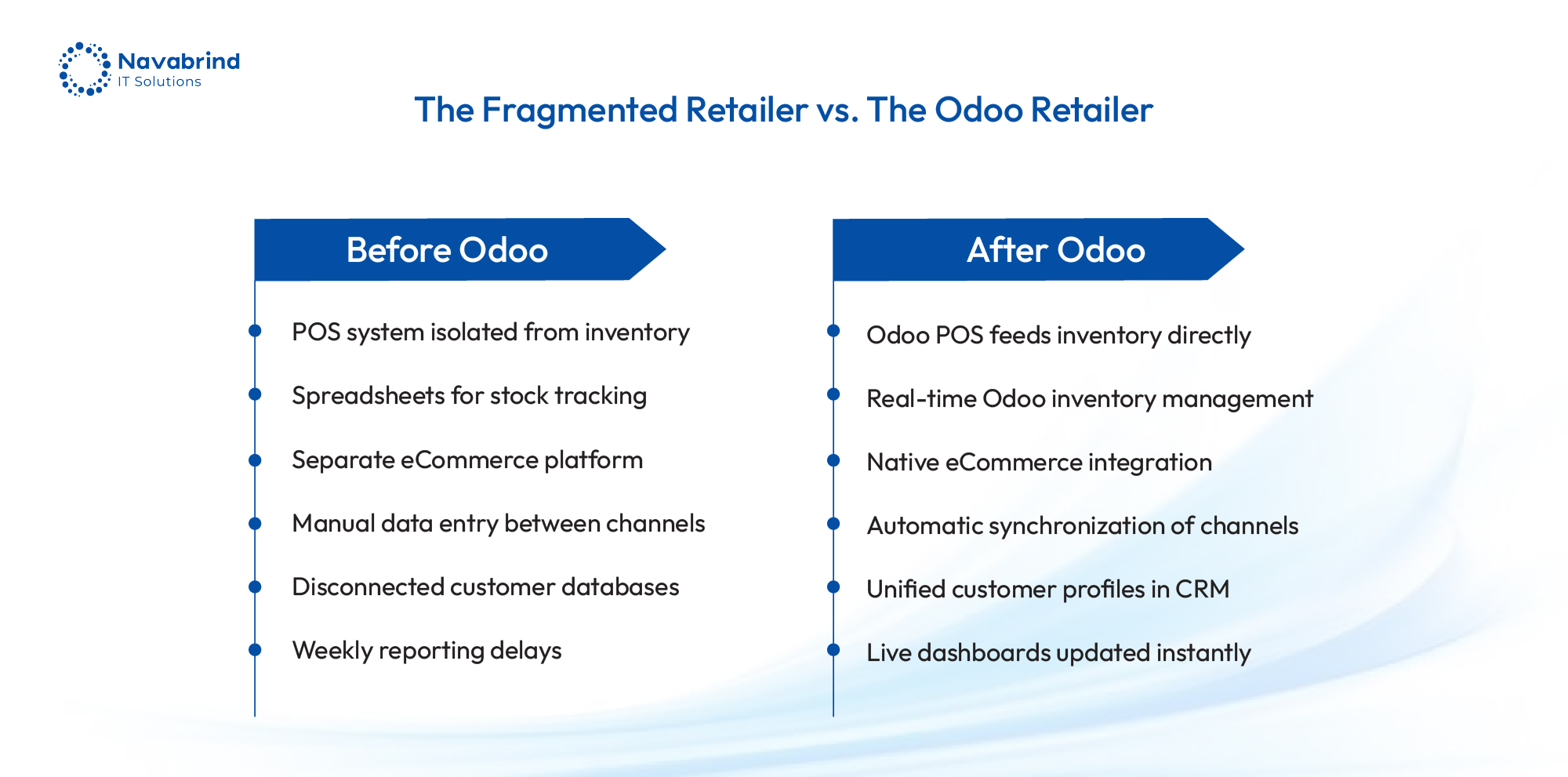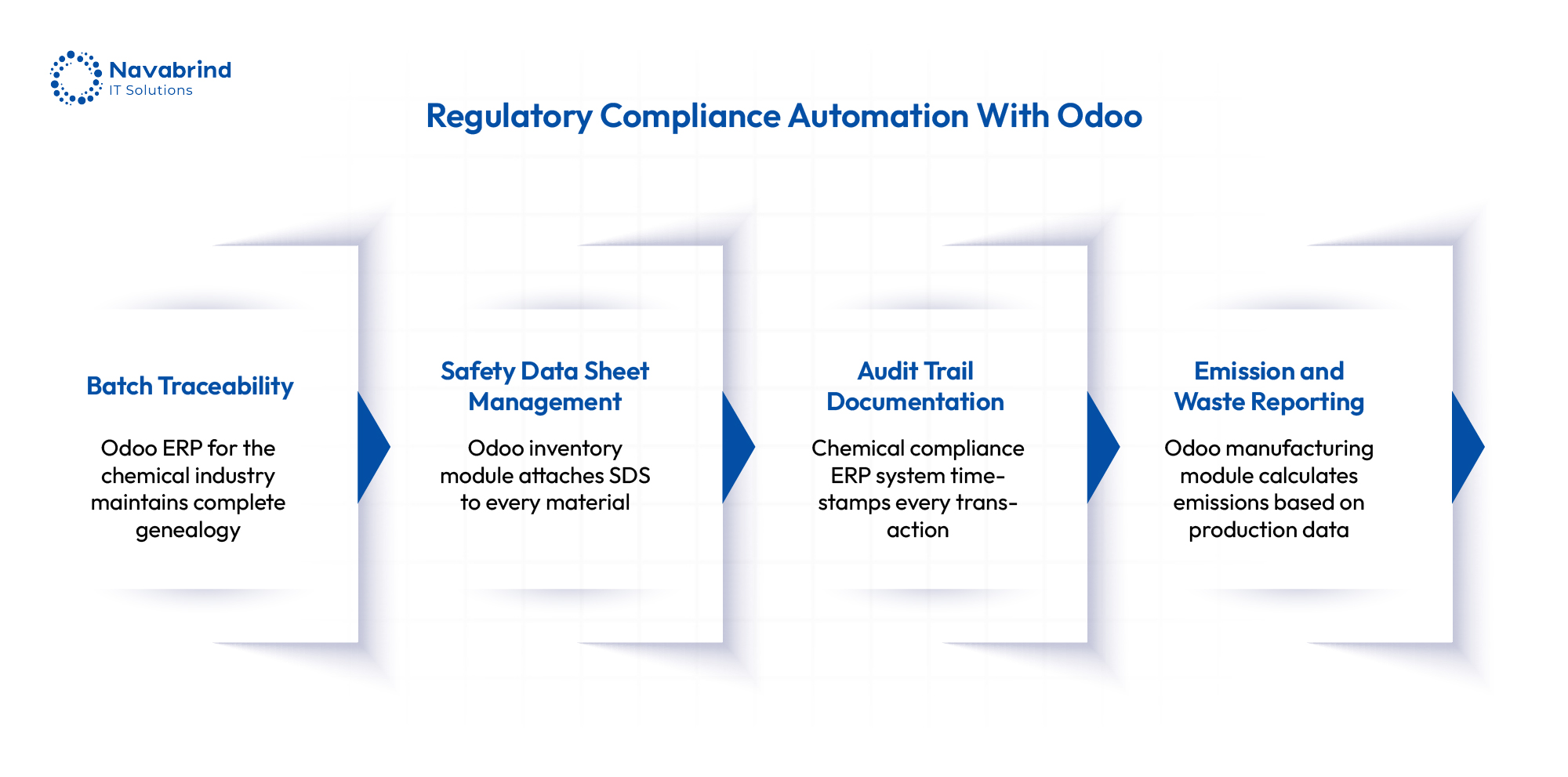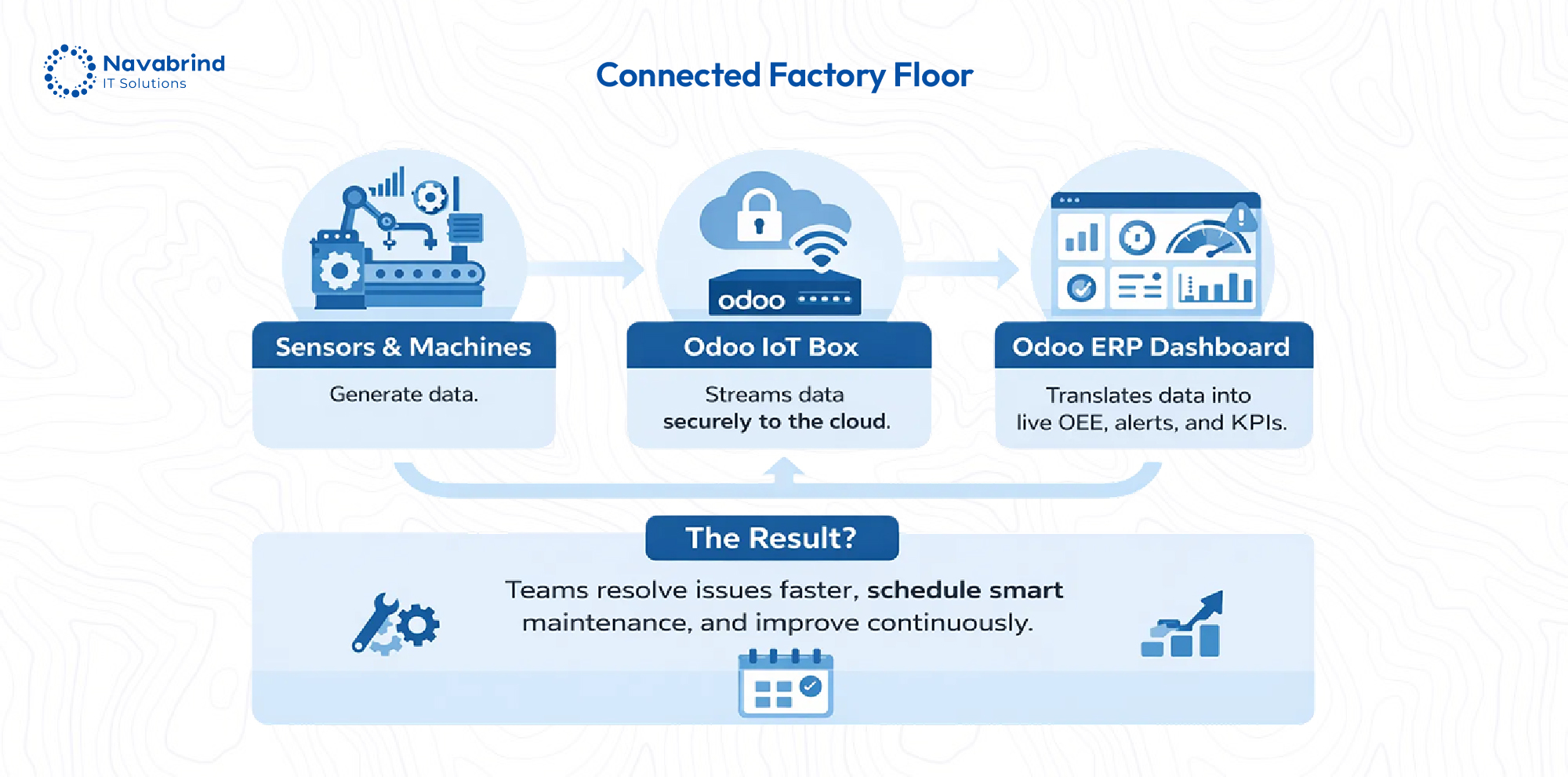Integrating Your HCL Commerce with Other Enterprise Systems
- July 11, 2024
- Posted by: Tony
- Categories: Blog, HCL Commerce
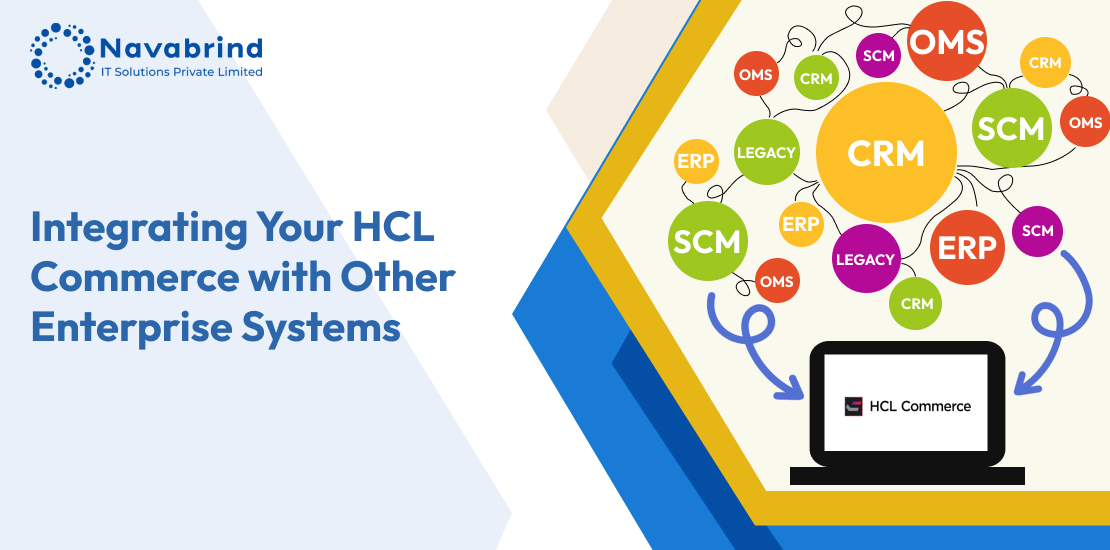
The tech stack in any company is ever-expanding. When an e-commerce business seeks to adopt an e-commerce solution, one of the things they must check is how well it integrates with other solutions already in use. In this blog post, we’ll look at how HCL Commerce integrates with other enterprise systems such as ERP, CRM, supply chain management, CMS, and others. The blog post also highlights the methodologies, benefits, and challenges involved in these integrations.
HCL Commerce is a comprehensive and robust e-commerce platform designed to facilitate the creation, management, and growth of online businesses. As enterprises grow and diversify, the need for seamless integration between their e-commerce platform and other enterprise systems becomes crucial. Effective integration ensures streamlined operations, enhanced customer experiences, and efficient data management.
HCL Commerce is an end-to-end commerce solution that supports B2B, B2C, and B2B2C business models. It offers a suite of features including catalog management, order management, marketing, merchandising, and customer experience management. To leverage these features fully, HCL Commerce must communicate effectively with various other enterprise systems such as ERP, CRM, SCM, and PIM.
Integration Methodologies for HCL Commerce
Integrations seamlessly connect a platform with third-party systems, enhancing the overall functionality and flexibility of e-commerce operations. Integration methodologies include API-driven integrations, microservices architecture, and cloud-native deployment options, allowing businesses to efficiently manage data exchange, streamline workflows, and ensure real-time synchronization across all touchpoints. By leveraging these integration techniques, businesses can create a unified and cohesive ecosystem that supports personalized customer experiences and drives operational efficiency.
- APIs and Web Services:
- RESTful APIs: HCL Commerce provides a comprehensive set of RESTful APIs that facilitate communication with other enterprise systems. These APIs enable data exchange in a standardized format, ensuring compatibility and ease of integration.
- SOAP Web Services: For organizations utilizing legacy systems, HCL Commerce supports SOAP-based web services. These services allow for interaction with systems that require a more structured approach to data exchange.
- Middleware Integration:
- ESB (Enterprise Service Bus): An ESB acts as an intermediary layer that manages the communication between HCL Commerce and other systems. It standardizes the communication protocols, formats, and messaging patterns, making integration manageable.
- Message Brokers: These tools facilitate the routing, transformation, and storage of messages between HCL Commerce and other enterprise systems. They ensure reliable data transfer and can handle high volumes of transactions.
- Data Integration:
- ETL (Extract, Transform, Load) Processes: ETL tools are used to extract data from various sources, transform it into a usable format, and load it into HCL Commerce. This method is useful for integrating data from disparate systems and ensuring consistency.
- Data Synchronization: Real-time data synchronization tools ensure that data is consistently updated across HCL Commerce and other enterprise systems. This is crucial for maintaining accurate inventory levels, customer information, and order statuses.
Integrating HCL Commerce with ERP Systems
ERP systems are critical for managing an organization’s core business processes, including finance, HR, manufacturing, inventory, supply chain operations, and more. Integrating HCL Commerce with ERP systems such as Odoo, SAP, Oracle, or Microsoft Dynamics offers several benefits:
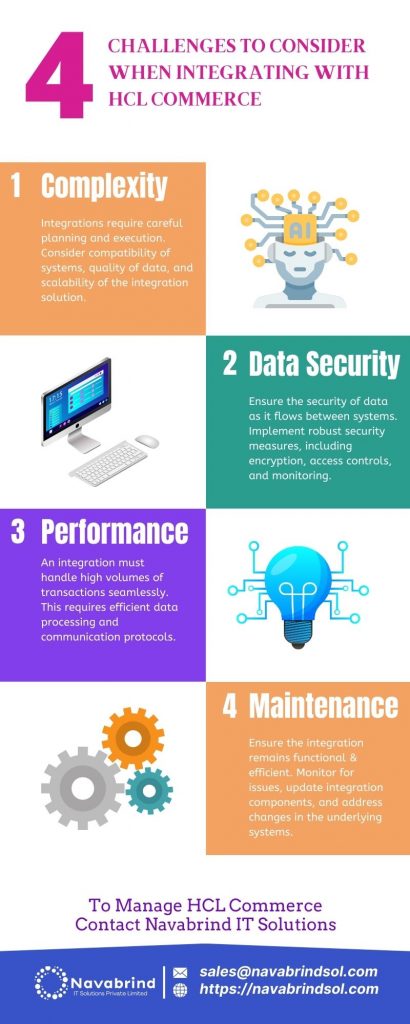
- Enhanced Customer Service:
Integration allows customer service representatives to access up-to-date order and inventory information, enabling them to provide prompt and accurate responses to customer inquiries, improving the overall customer experience.
- Improved Supply Chain Management:
By integrating HCL Commerce with ERP systems, businesses can gain better visibility into their supply chain operations, allowing for more efficient planning, procurement, and logistics management. This leads to reduced lead times and optimized stock levels.
- Automated Compliance and Reporting:
Integration facilitates automated compliance with industry regulations and standards by ensuring that all transactional data is accurately recorded and easily accessible for audits and reporting, reducing the burden of manual compliance efforts.
- Personalized Customer Experiences:
ERP integration provides a holistic view of customer data, enabling businesses to offer personalized recommendations, targeted promotions, and customized services based on customer purchase history and preferences, thereby increasing customer loyalty and sales.
- Efficient Resource Utilization:
With integrated systems, businesses can optimize resource allocation and workforce management, ensuring that the right resources are available at the right time to meet customer demands and business goals.
- Scalability and Flexibility:
Integrating HCL Commerce with ERP systems provides a scalable and flexible solution that can grow with your business. As your business expands, the integrated systems can easily accommodate increased transaction volumes and new business processes.
- Enhanced Data Accuracy:
Integration minimizes the risk of data discrepancies and redundancies by ensuring that all systems are synchronized. This leads to more accurate and reliable data across all business functions, supporting better decision-making and operational efficiency.
Integrating HCL Commerce with CRM Systems
CRM systems, such as Salesforce or Microsoft Dynamics, are essential for managing interactions with current and potential customers. Integrating HCL Commerce with CRM systems can enhance customer engagement and improve sales outcomes:
- Unified Customer Profiles:
- Integration enables the creation of a unified customer profile by combining data from HCL Commerce and the CRM system. This comprehensive view of the customer helps in personalizing marketing efforts and improving customer service.
- Enhanced Customer Support:
- Customer service representatives can access order histories, preferences, and interaction records from a single interface, enabling them to provide more effective support.
- Targeted Marketing Campaigns:
- Data from the CRM system can be used to create targeted marketing campaigns on the HCL Commerce platform. This increases the relevance of marketing efforts and improves conversion rates.
Integrating HCL Commerce with PIM Systems
A Product Information Management (PIM) such as Akeneo or Pimcore, can be used to create, manage, and optimize digital content. Integrating HCL Commerce with a PIM ensures a seamless content experience across all customer touchpoints:
- Consistent Branding:
- Integration allows for content synchronization across the PIM and HCL Commerce, ensuring consistent branding and messaging.
- Personalized Content:
- Data from HCL Commerce can be used to deliver personalized content through the PIM, enhancing the customer experience and driving engagement.
- Streamlined Product Information:
- Content can be created and managed in the PIM and automatically published on the HCL Commerce platform, reducing duplication of effort and improving efficiency.
Challenges and Considerations for Integrating with HCL Commerce
While the integration of HCL Commerce with other enterprise systems offers numerous benefits, it also presents certain challenges that organizations must address:
- Complexity:
Integration projects can be complex, requiring careful planning and execution. Organizations must consider the compatibility of systems, the quality of data, and the scalability of the integration solution.
- Data Security:
Ensuring the security of data as it flows between systems is paramount. Organizations must implement robust security measures, including encryption, access controls, and monitoring.
- Performance:
Integration solutions must be designed to handle high volumes of transactions without compromising performance. This requires efficient data processing and optimized communication protocols.
- Maintenance:
Ongoing maintenance is necessary to ensure that integrations remain functional and efficient. This includes monitoring for issues, updating integration components, and addressing any changes in the underlying systems.
To wrap up this post, integrating HCL Commerce with other enterprise systems is essential for organizations looking to optimize their operations, enhance customer experiences, and drive business growth. By leveraging APIs, middleware, and data integration tools, businesses can create seamless and efficient workflows that connect their e-commerce platform with ERP, CRM, SCM, and PIM systems. While the process can be complex and challenging, improved data accuracy, streamlined processes, and enhanced customer engagement make it a worthwhile investment. As technology continues to evolve, organizations must remain agile and proactive in their integration efforts to stay competitive in the ever-changing digital landscape.
Any successful integration needs a technology partner who understands your needs, and your plan to scale. Having implemented, integrated and customized e-commerce solutions for over a decade, Navabrind IT Solutions is a robust technology partner you can rely on. Reach us to start a conversation on how you can leverage HCL Commerce or Odoo ERP email [email protected] to schedule a free consultation.
Schedule a conversation with us now!
Related Articles
-
Post
Odoo ERP for the Retail Industry: Driving Efficiency and Growth
Odoo ERP for the Retail Industry: Driving Efficiency and Growth February 27, 2026 Posted by: Vasanth Anantharaman Categories: Blog, Odoo for Retail industry No Comments Why the Retail Industry Runs Better on Odoo ERP Retail runs on dozens of disconnected apps. One tool for sales, another for stock, a third for loyalty. None speak to -
Post
From Formula to Forecast: Odoo’s Transformative Edge in Chemical Manufacturing
From Formula to Forecast: Odoo’s Transformative Edge in Chemical Manufacturing February 27, 2026 Posted by: Jaishree Jayabal Singh Categories: Blog, Odoo ERP for Chemical Industry No Comments Odoo ERP for Chemical Industry Solves the Disconnection Problem Chemical manufacturing operates across multiple fronts, production floors, warehouse storage, laboratory testing, and regulatory reporting. Managing these as isolated -
Post
How Odoo ERP Helps Manufacturers Track Machine Efficiency and Move Toward Industry 4.0
How Odoo ERP Helps Manufacturers Track Machine Efficiency and Move Toward Industry 4.0 February 25, 2026 Posted by: Venkadesh Nagarajan Category: Uncategorized No Comments The Shift Toward Smart Manufacturing Machine efficiency is the core of manufacturing. Without it, cost control and scalability are impossible. Industry 4.0 accelerates this, merging IoT and data analytics to drive
How can we help you?
Get in touch with a solutions consultant that can share best practices and help solve specific challenges.






